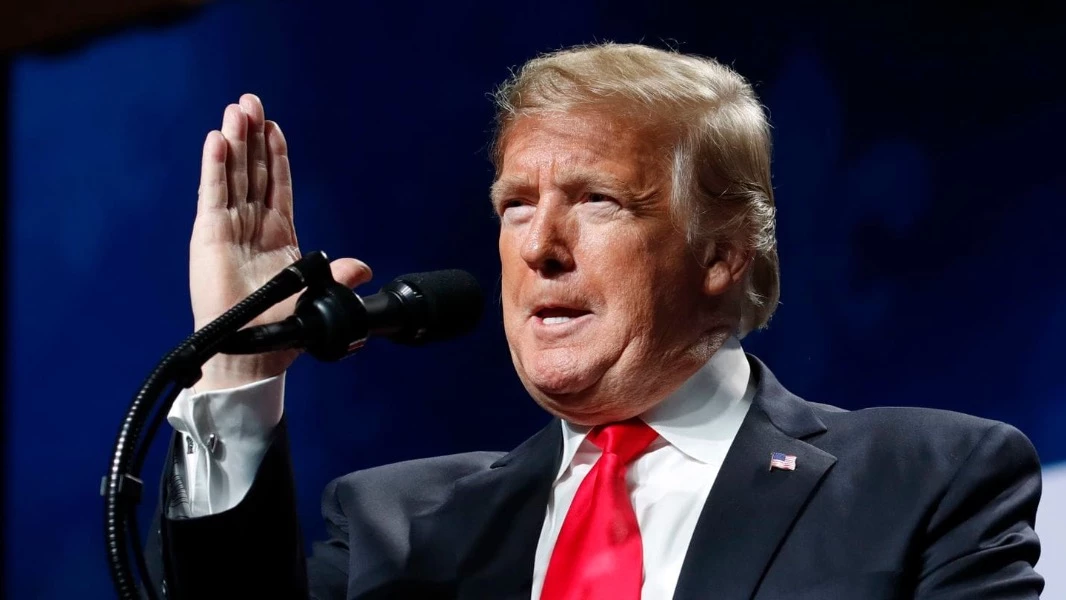The president’s madness is given voice by the dizzyingly hapless Mike Pompeo, who is the secretary of state until he’s either replaced by Trump or runs from the State Department’s Foggy Bottom building screaming, “I can’t take it anymore!” In one of the more confusing foreign policy speeches of modern times, Pompeo bugled both charge and retreat last week in Cairo: “America will not retreat until the terror fight is over,” and “President Trump has made the decision to bring our troops home from Syria.” Not only did the contradiction give him no pause, but he compounded matters by declaring: “When America retreats, chaos often follows. When we neglect our friends, resentment builds.”
In this case, chaos both preceded and followed. Trump’s withdrawal decision, announced in a December tweet, caught allies by surprise. Israel was troubled. France and Britain were puzzled. The Kurds felt betrayed. Defense Secretary Jim Mattis resigned. So did Brett McGurk, the US envoy to the international coalition fighting the Islamic State. Sen. Lindsey O. Graham (R-S.C.), who ought to wear a white coat, hurried to the White House and then urged Trump to at least slow the withdrawal process. The president’s original “now ” may turn out to be months . . . or longer. The world awaits a tweet. Both the president and Pompeo are right: Obama messed up in Syria. He should have intervened when there really was a moderate opposition to Bashar Assad. And he should have redeemed his implied threat when he characterized Assad’s use of chemical weapons as a “red line.” Instead, after a deadly sarin attack, Obama did virtually nothing. Trump, in contrast, has twice struck Assad regime for using chemical weapons.
Syria has become the modern-day equivalent of the Balkans before World War I. It is a powder keg waiting for a match. It is where US, Russian, Iranian, Turkish, Kurdish, Saudi, Islamist and Israeli interests collide. Israel and Iran are already fighting a proxy war there — sortie after sortie of Israeli jets hitting Iranian installations in Syria, one this weekend striking the Damascus airport. Iran has armed Hezbollah, and Russia has armed Syria.
The Balkans suffered several crises before one got out of control and a world war ensued. Aside from George W. Bush’s attempt to rearrange the Middle East — no small matter — the region has been lucky. But there are just too many players in Syria (it’s not a huge country, after all) to rely on luck alone. The Turks are anxious to get at the Kurds. Iran in Syria and Hezbollah in Lebanon want at Israel. Assad wants to settle too many scores to count, and his ally is Russia, which just delivered a fresh supply of missiles. Trump ought to hearken to Pompeo’s wise words: “When America retreats, chaos often follows.” Yet, America is retreating. Just last week the Pentagon announced it was beginning to withdraw equipment from Syria. To carry the Balkans analogy a bit further, someone ought to tell Trump about Kosovo. That tiny Balkan region, now an aspiring independent republic, was saved from Serbian occupation and bloodbath in 1999 by a determined US-led NATO intervention. Air power was used — no boots on the ground. Russia, a Serb ally, vetoed a UN authorization for intervention, so NATO acted on its own. Today, Kosovo and Serbia are negotiating a permanent peace agreement.
US air power can — and has — worked well in Syria. It has punished the Islamic State and, just as important, it has shown all the other players that the United States has an interest in the region. The greater interest, though, is to avoid a wider war.
Nations, like children, crave predictability. They need to know the rules. The United States is like a parent. Other countries look to it for guidance and to enforce the rules. Trump has utterly failed in that regard. He has been dismissive of alliances — NATO, for instance — and of friendly foreign leaders. In a chaotic world, Trump’s contribution has been more chaos. The question now is not whether he will lose Syria but whether he will lose the entire region. He’s well on his way.
By Washington Post's Richard Cohen
Columnist focusing on politics
January 14



التعليقات (0)